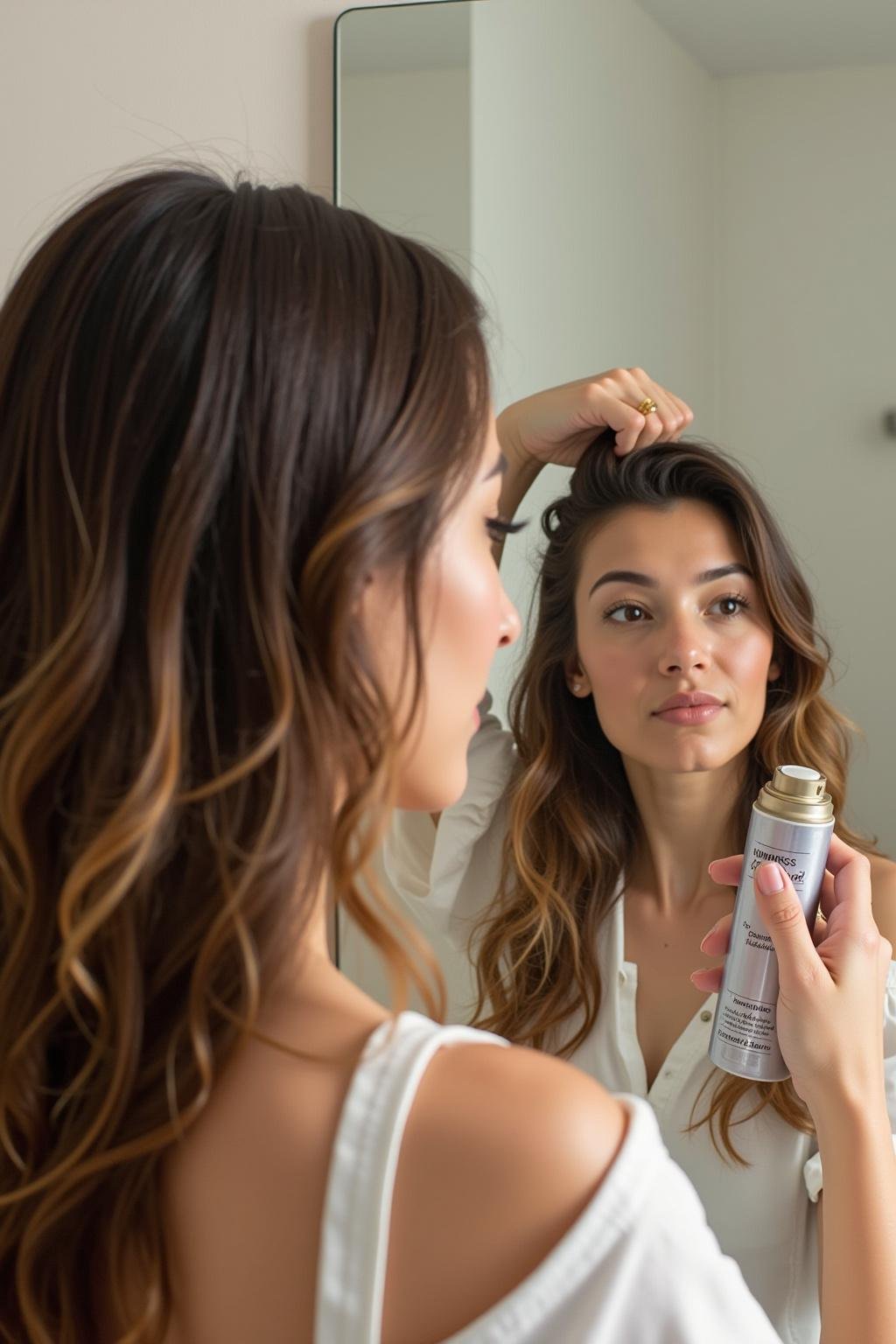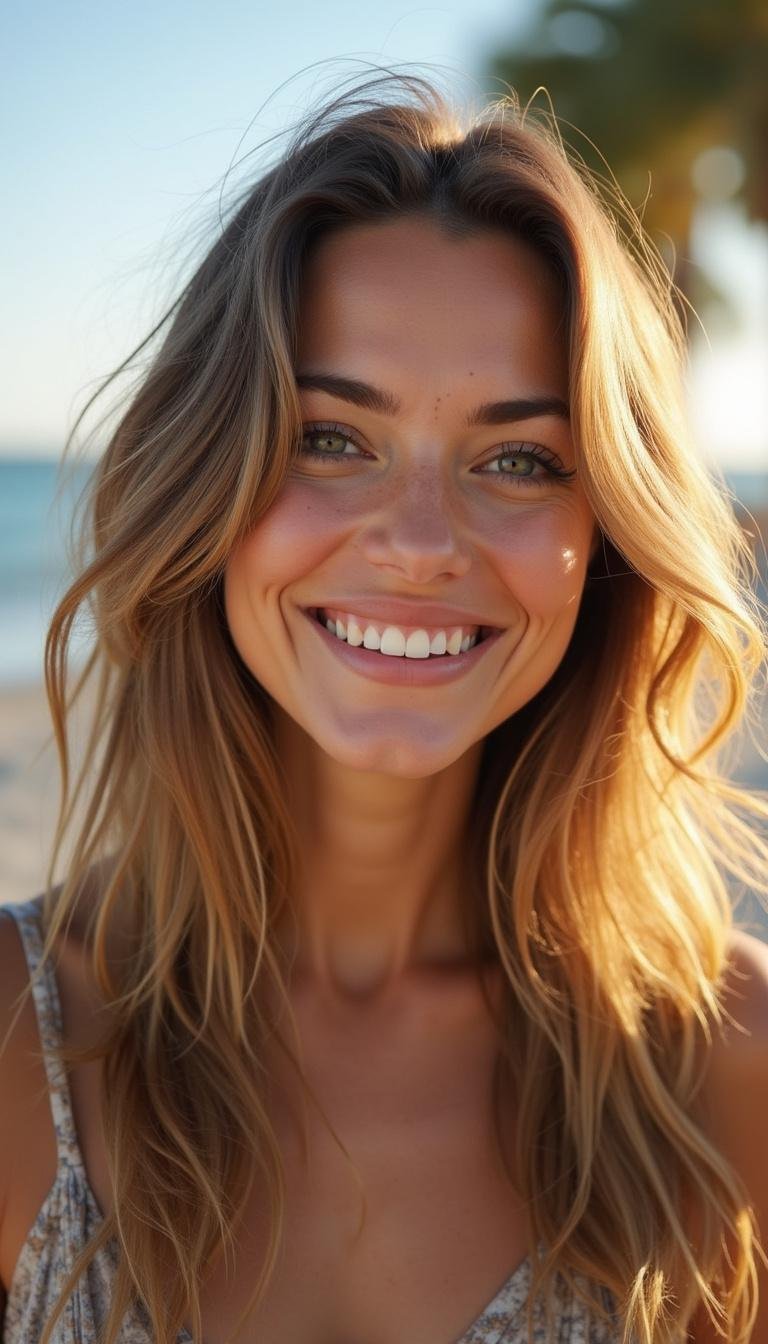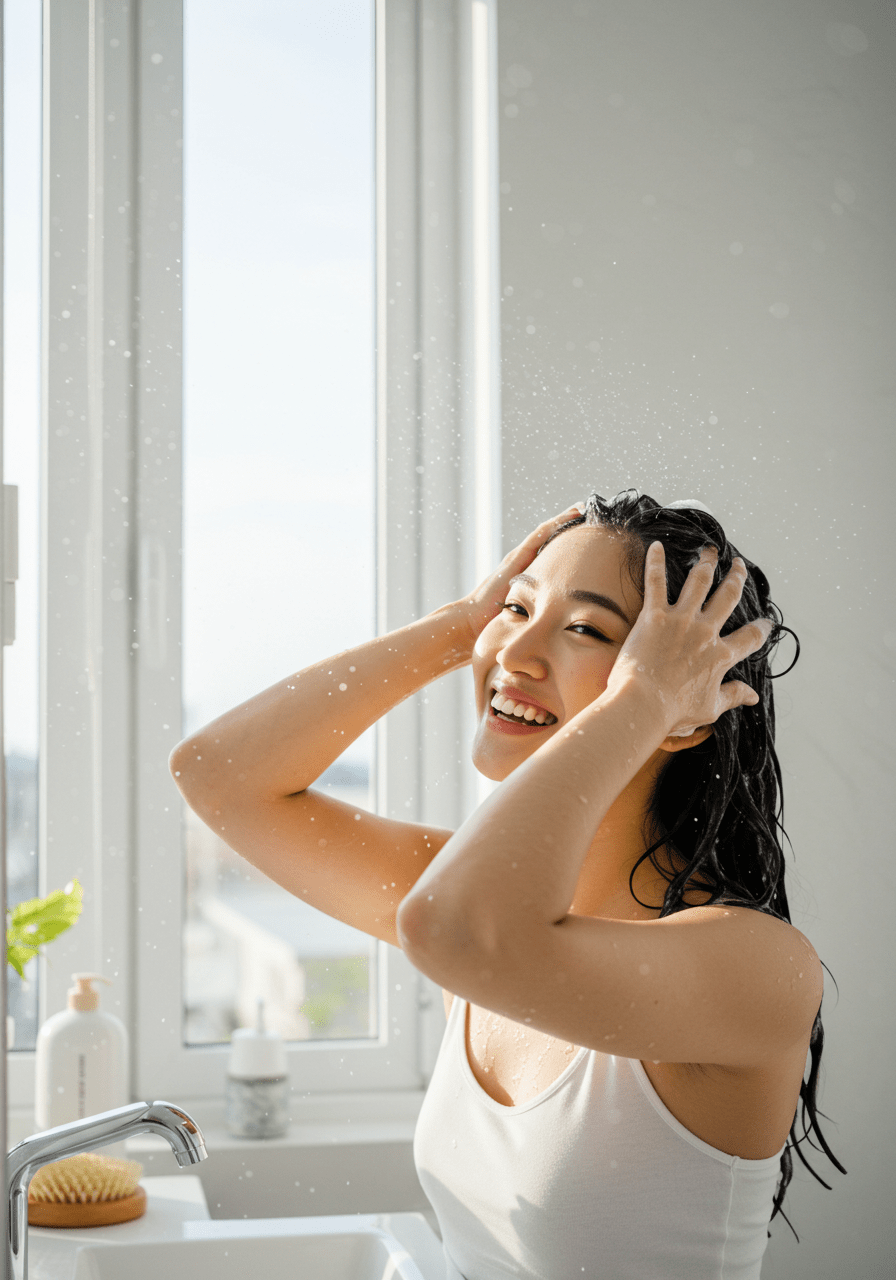1. Introduction
In today’s fast-paced world, many individuals are searching for effective ways how to stop washing your hair every day. Over-washing can strip away essential natural oils, leading to dry, brittle hair and increased frizz. Exploring alternative hair care routines not only promotes a healthier scalp but also contributes to better overall hair vitality. If you’re tired of the daily shampoo cycle, incorporating tools like red light therapy for the body or considering wellness retreats such as mental health retreats can help you foster a holistic approach. This guide provides practical tips to extend your hair’s cleanliness interval while maintaining its health, aligning with the latest trends in self-care and wellness enhancements like yoga retreats in Florida.

2. Why You Should Consider Not Washing Your Hair Every Day
Understanding why you should consider not washing your hair every day is at the core of developing a sustainable hair care routine. Daily shampooing often removes the vital natural oils our scalp produces to protect and nourish hair. Over time, this can result in a dry scalp, irritation, and increased oil production as your scalp tries to compensate. Embracing a less frequent washing schedule supports the growth of natural oils and helps maintain a balanced, healthy scalp. Additionally, adopting such routines can prevent hair damage caused by harsh chemicals in traditional shampoos and conditioners. Prioritizing less frequent washing aligns with a holistic lifestyle, fostering healthier hair and scalp, especially when combined with wellness practices like fasting retreats.
3. Practical Tips to Stop Washing Your Hair Every Day
If you’re wondering how to transition to a less frequent hair washing routine, a few simple yet effective tips can make this shift easier. First, incorporating seamless, high-waisted gym shorts or comfortable workout leggings can help you adopt protective hairstyles that conceal oiliness and maintain a sleek appearance. Also, using red light therapy devices can boost scalp health by enhancing circulation. Start by introducing vacuum insulated water bottles for hydration, which supports overall hair health. You should also use dry shampoos to absorb excess oils and add volume, making it a cornerstone of your routine. Gradually extend the intervals between washes—this will allow your scalp to naturally balance oil production without feeling greasy too quickly. Consider switching to gentle, sulfate-free shampoos for healthier hair.
4. Developing a Hair Care Routine for Less Frequent Washing
Building an effective hair care routine to avoid daily washing requires consistency and the right choice of products. Incorporate red light therapy panels and natural oils like argan or coconut to promote scalp health. Regular scalp exfoliation using gentle methods helps remove buildup without the need for frequent shampooing. Using reusable water bottles encourages proper hydration, which plays a crucial role in hair vitality. Consider adopting routine practices such as scalp massages and lightweight oil treatments, which better distribute natural oils and improve circulation. This holistic approach will help your hair maintain softness, shine, and manageability even when washing less often. Combining these habits with occasional hair masks and styling techniques can sustain your hair health seamlessly.

5. Benefits of Reducing Hair Washing
Taking steps to reduce the frequency of hair washing brings numerous benefits, including enhanced scalp health, minimized hair damage, and increased natural shine. When you wash less frequently, your hair receives fewer chemicals from shampoos and conditioners, promoting overall resilience. Additionally, adopting a seasonal hair care routine allows your hair to adapt to varying environmental conditions, maintaining vitality throughout the year. This approach supports sustainability as well by conserving water and reducing product use. For many, decreasing washes aligns with a more mindful lifestyle, fostering a sense of well-being and promoting the growth of mental health through wellness retreats. Such routines not only improve how your hair looks but also contribute to your overall health journey.
6. Frequently Asked Questions (FAQs)
What are the signs that I need to wash my hair less often?
If your scalp feels oily, itchy, or greasy but your hair still appears shiny and healthy, it’s a sign you can safely extend the time between washes. Incorporating tools like red light therapy devices can also support your scalp’s health during this transition.
How long can I go without washing my hair?
The duration varies based on your hair type, scalp condition, and lifestyle. Most people find they can go 2-4 days or even longer with proper use of dry shampoo and protective styling. For additional tips, exploring wellness retreats like Hawaii yoga retreats can inspire holistic self-care routines.
Is it okay to use dry shampoo frequently?
Yes, but moderation is key. Proper scalp cleansing with water and gentle shampoo ensures dryness or buildup doesn’t occur. Using red light therapy panels can further support scalp health by stimulating circulation and reducing inflammation.
What are natural ways to maintain hair health without frequent washing?
Natural methods such as scalp massage, oil treatments, and avoiding harsh chemicals help sustain hair health. Incorporating routines like healthy lifestyle choices and wellness practices, including mental health retreats, can significantly improve your hair’s vitality.
Conclusion
Mastering how to stop washing your hair every day is a gradual process that offers extensive benefits for your scalp, hair health, and overall wellness. By integrating simple habits like the use of red light therapy panels, scalp care, and protective styling, you can enjoy luscious, healthy hair with less frequent washing. Embrace this healthier, more natural routine and enhance your quality of life—your hair and the environment will thank you. Remember, making these small but meaningful changes turns your hair care into a much-loved family favorite routine that supports your natural beauty and well-being.

